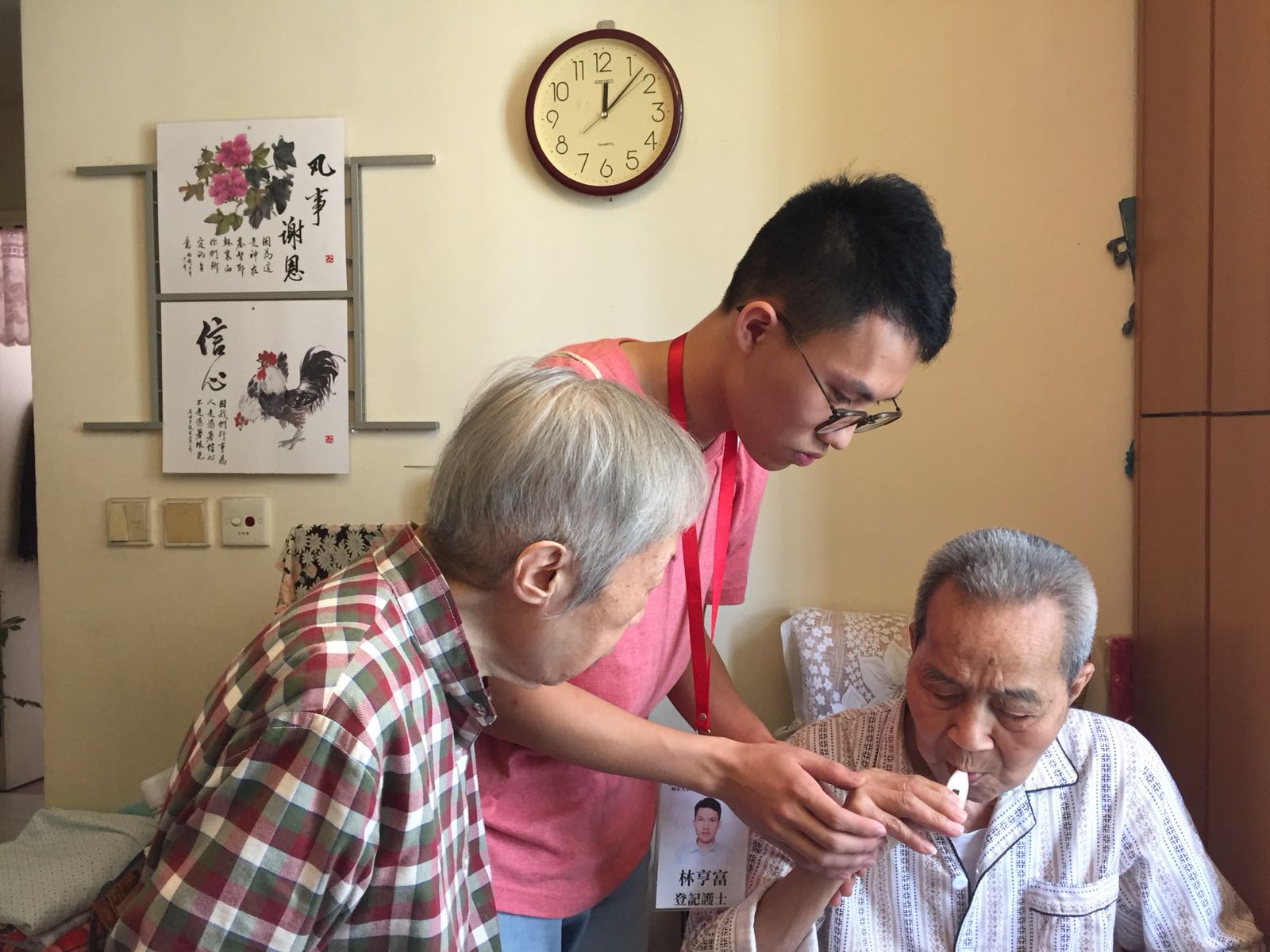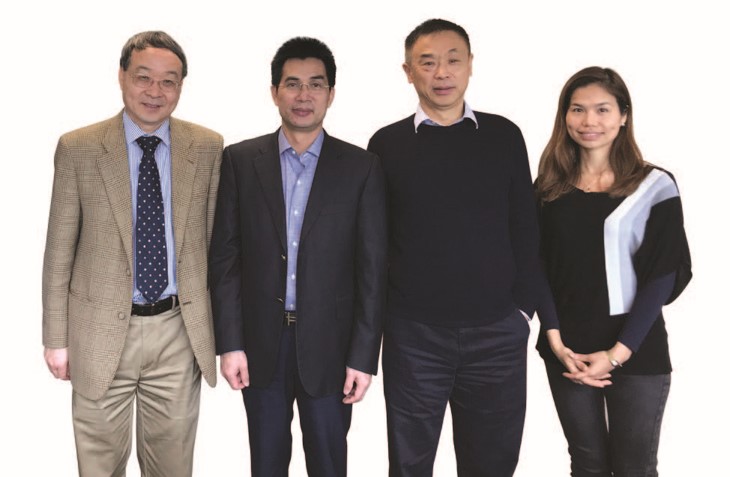Data driven health management supports older patients with chronic diseases - Visionary donation brings huge impact on society
Share this article

“The Hong Kong healthcare system is facing on-going challenges in a rapidly ageing population, which results in overburdened hospitals,” said Professor Frank Chen Youhua, Dean of the College of Business. Professor Chen has shown how management science contributed a significant role in elderly care through a project in establishing an innovative chronic disease management programme with a strong focus on data science.
Head and Chair Professor of Department of Management Sciences
Professor Chen’s research project, entitled the “Kowloon Central Cluster (KCC) chronic disease management programme”, is a part of his Department’s “Implementation of Data Science to Chronic Disease Management & Fall Prevention at Community Level” project. It aims at developing a data-driven, evidence-based and individualised care plan for each elderly participant. “Our long-term goal is to encourage ageing in place and reduce hospital admissions,” said Professor Chen. He hopes his research will impact government policy for the elderly.
“When an elderly person is discharged from hospital, his family may not know how to take care of her or him,” said Professor Chen. The project aims to develop foundation for integrated database for future service coordination between different service providers, from medical to community care.

The research project comprises two phases. The first phase, from 2017 to 2018, involved in-home multidisciplinary comprehensive risk assessments for pre-frail and potentially high-risk elderly people residing Kowloon Central area .
Thanks to a generous donation by Mr Lau Tat-chuen, the project launched its second phase in 2018. Based on findings from the comprehensive risk assessment, Professor Chen’s team identified high-risk elderly patients and determined their specific needs and developed individualised care plans to enhance the coordination of multi-disciplinary services in support of elderly people with complex needs.
The second phase consists of two major approaches: (1) health coaching (2) nurse programme. Pre-frail elderly will receive health programme with health coaching as major approach; while for frail elderly, intensive nurse-led health education and monitoring programme will be delivered to support the elderly as well as their caregivers.
Research fellow Ms Hera Leung of Professor Chen’s team, who is also a registered nurse, was encouraged that the project facilitated elderly participants and their families to attain their health goals, and enhance their self-management knowledge. She still remembers her visit to the home of a post-stroke patient who was just discharged from hospital, while their family members and relatives were uncertain about how to take care of her. The project has enabled healthcare professionals to provide health education and related care planning. “The family was grateful for our team’s effort,” said Hera.
Mr Lau’s support enabled the team to strengthen the implementation of the project through the recruitment of nurses, social workers and data analysts, in both data collection and health intervention for the elderly.
“Mr Lau is a visionary donor who endorses and supports our groundbreaking use of data science in elderly care service. I really appreciate his vision and I believe his contribution to this project will have a huge impact on society in the long run,” said Professor Chen.

